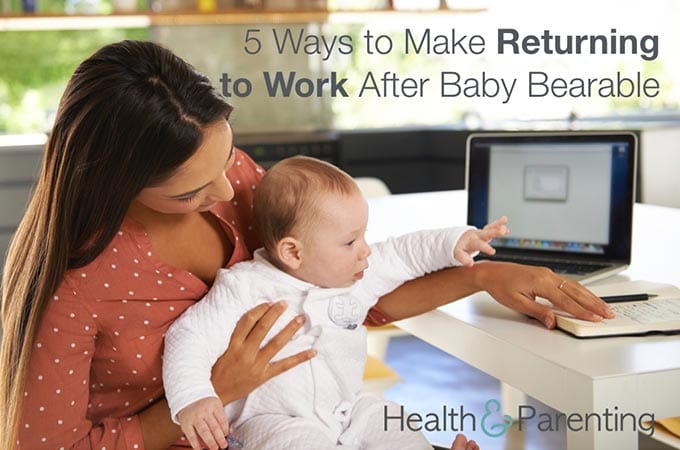Babies, though very good at looking adorable, are not particularly good with animals. They love them, of course, but see them more as toys than sentient beings. Since your baby and you pets are going to be spending a lot of time together, it makes sense to try and encourage them to get along.
Helping babies and pets to like each other
Try the following tips to create a healthy relationship between your baby and pets:
- Never leave them unsupervised
You should never leave babies and pets together unsupervised. Both are unpredictable and in need of guidance on how to interact properly. Smaller animals could be at risk of injury when left with your child. For bigger animals, it could be your baby who is at risk if the two are left alone unsupervised. If you have a cat, you should make sure he can’t get into the room where your baby sleeps. Cats love to sleep in warm places and may develop an attachment to your baby’s cot which could be potentially dangerous for your sleeping baby.
- Spend time together
You should spend time as a family, furry members included. If you have a dog, this could mean long family walks in the countryside. If you have a cat, try playing with your baby whilst the cat sleeps nearby. If you have rabbits, spend time in the garden and carefully supervise any interactions between your baby and animals.
- Spend time with your pets
The pets are part of your family, and though it can be difficult to spend as much time with them as you did before the baby, you should try to ensure they still feel loved and cared for. The easiest way to do this is to spend time together as a family. This will help your baby to observe the proper way to interact with the pets, and will also allow the pets to adapt to the new family dynamic.
- Encourage safe interaction
Babies love animals, so you’ll probably find that once your baby is mobile, she spends her time trying to play with the pets. By modeling appropriate interactions, you can teach your baby how to interact with the pets safely. You can also help your baby to interact with them by taking her hand and gently stroking the cat’s fur. Only do this if your pets seem happy to be around the baby, and always make sure both the baby and pet are safe. Talk to your baby about the things your pets like and don’t like.
Has your baby fallen in love with your household pets?
Written by Fiona (@Fiona_Peacock), mother, writer and lover of all things baby related.
This information is not intended to replace the advice of a trained medical doctor. Health & Parenting Ltd disclaims any liability for the decisions you make based on this information, which is provided to you on a general information basis only and not as a substitute for personalized medical advice. All contents copyright © Health & Parenting Ltd 2016. All rights reserved.















